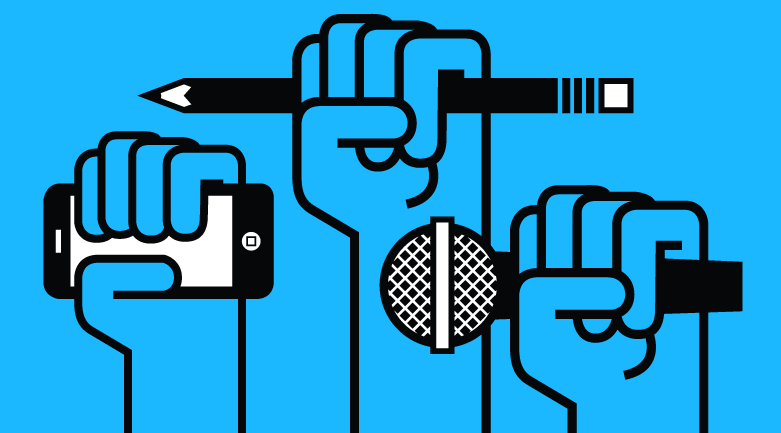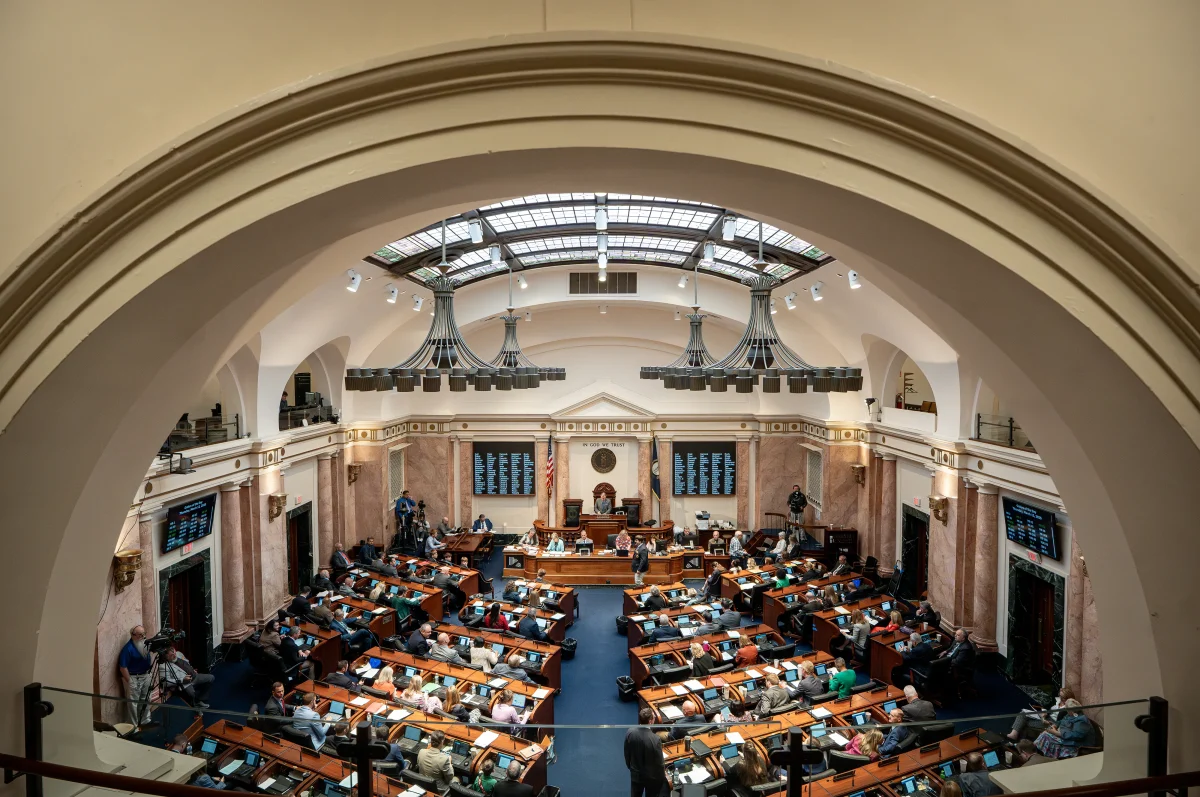
Daylight Savings Time (DST), which involves shifting the clocks forward in the spring and back in the fall, was once created to save energy and make better use of daylight. However, the practice has outlived its usefulness. DST is more harmful than beneficial, and here is why.
The most immediate impact of DST is its disruption of our internal biological clocks. Shifting the time by an hour in the spring and fall can lead to sleep deprivation, stress, and a range of health problems. Research has shown that the risk of heart attacks increases in the days following the spring transition. In addition, sleep disruptions can make it harder to think, leading to higher accident rates and reduced productivity in school and at work. The negative health effects make DST a poor trade-off for its minimal benefits.
When DST was first introduced, the idea was to reduce energy consumption by taking advantage of longer daylight hours. However, today’s energy landscape is vastly different. With widespread use of energy-efficient lighting and changes in how we consume energy, the energy savings from DST are unheard of. A study from the U.S. Department of Energy found that DST saves just 0.03% of annual energy consumption. This is an insignificant amount given the broader context of modern energy use.
DST also has hidden economic and social costs. Studies show that the shift leads to higher rates of workplace injuries and people missing work or school without good reason. These are especially in the days following the spring transition. A 2017 study found that injuries in the workplace spiked by 24% on the Monday after the time change. The time shift also places stress on individuals, leading to social and mental health challenges. With longer days, there’s an expectation to be more active, which can contribute to burnout and anxiety for those struggling to adapt to the change.
In today’s world, the drawbacks of DST far outweigh any benefits. From its negative impact on health to its very small effect on energy savings and its hidden economic costs, the case for DST is weak. It’s time to reconsider this outdated practice and adopt a system that better fits with the modern lifestyle.







